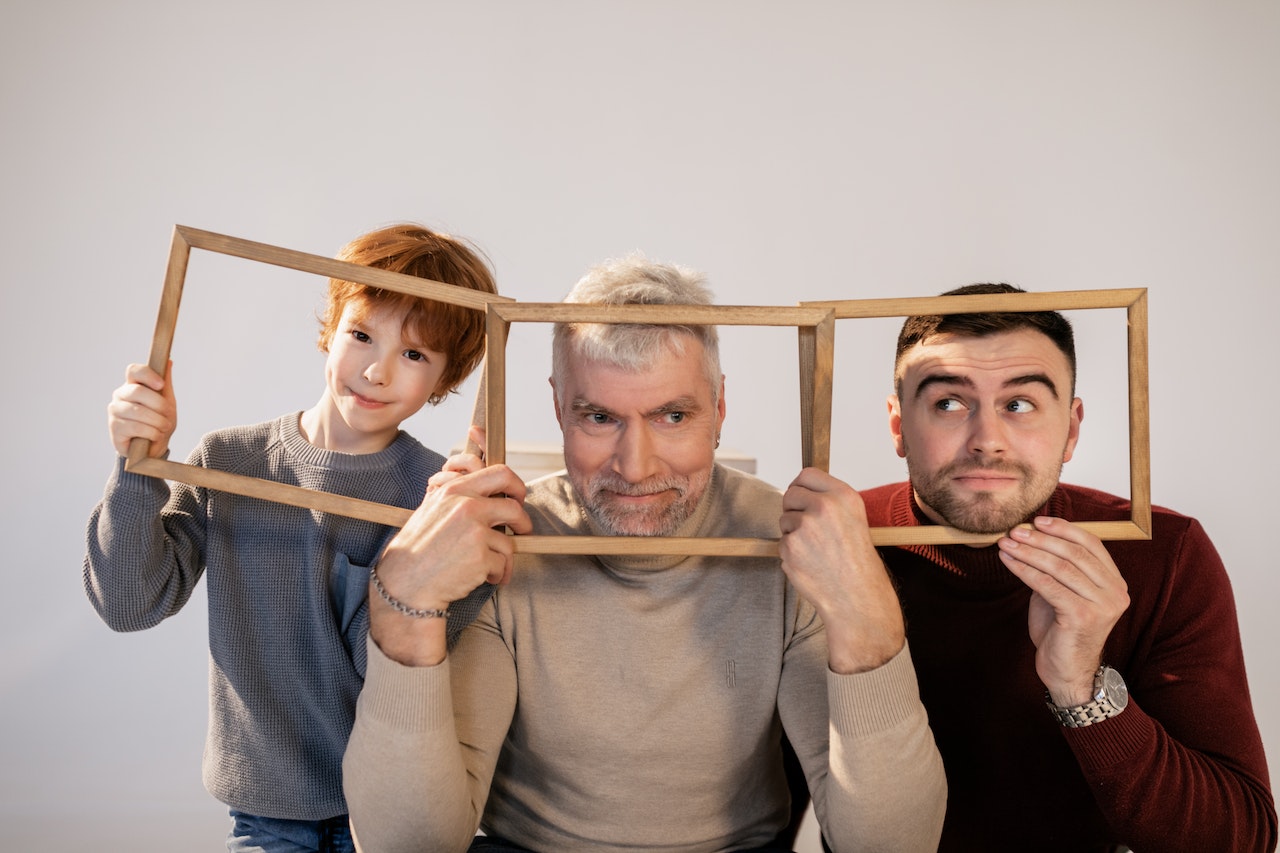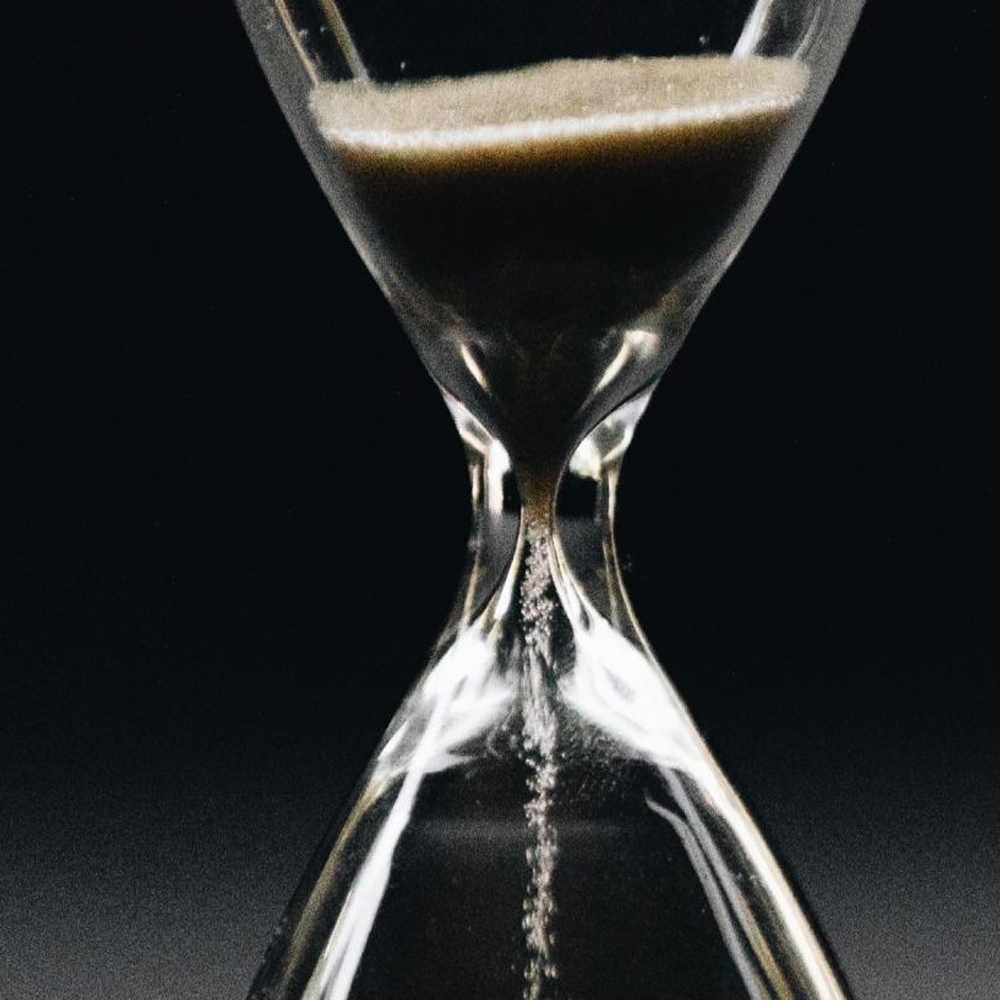The influence of fathers and grandfathers within the family unit extends far beyond their traditional roles. Scientific research reveals the significant impact that healthy male family members have on fostering positive family dynamics and overall family health. Through serving as role models for healthy habits and providers of emotional support, fathers and grandfathers play a vital role in shaping the well-being of their families. Furthermore, by encouraging men to prioritize their health through accessing healthcare to prevent and treat chronic conditions, family members can actively contribute to cultivating more robust family dynamics and promoting a healthier future.
Healthy fathers and grandfathers serve as influential role models within the family unit. Research shows that children and grandchildren observe and emulate the behaviors of their male relatives. When fathers and grandfathers prioritize their well-being through regular exercise, nutritious eating, and stress management, they set a positive example for their loved ones. This modeling of healthy habits fosters stronger parent-child relationships and improves mental health outcomes for all family members.
The provision of emotional support by fathers and grandfathers significantly impacts family dynamics. Research indicates that emotional connections formed through healthy interactions between fathers and children contribute to higher self-esteem, academic performance, and overall life satisfaction in children. Moreover, positive relationships between grandfathers and grandchildren have been linked to increased family cohesion and a reduced risk of mental health issues in both generations. Healthy male family members create a nurturing environment within the family, promoting overall well-being.
Men, particularly as they age, face an increased risk of chronic health conditions such as cardiovascular disease, diabetes, and certain types of cancer. Neglecting their health not only affects their well-being but also places a burden on the entire family. Scientific evidence highlights the importance of preventive healthcare measures in reducing the impact of chronic conditions on families. Regular check-ups, screenings, and healthy lifestyle choices are crucial in identifying and addressing potential health issues early. By proactively managing their health, fathers and grandfathers can mitigate the adverse effects of chronic conditions on family members, promoting long-term well-being.
Men often face unique challenges in seeking help for mental health concerns, impacting family dynamics. Encouraging fathers and grandfathers to access mental healthcare when needed is crucial for promoting healthy family dynamics. Research consistently demonstrates that addressing mental health issues positively influences emotional connections within the family, fosters open communication, and contributes to a more harmonious family environment. Prioritizing mental health supports the development of effective coping strategies, reduces conflict, and enhances overall family resilience.
Traditional gender expectations and societal norms have discouraged men from seeking healthcare, perpetuating the belief that it is a sign of weakness. However, it is essential to challenge these beliefs and create an environment that promotes male healthcare access. Family members can play a pivotal role in this process by raising awareness, destigmatizing seeking help, and emphasizing healthcare access benefits. By understanding the profound impact on personal well-being, reduced healthcare costs, and improved quality of life, family members can help break down barriers and motivate men to seek necessary care.
Tailoring healthcare services to address men’s unique needs and concerns is crucial in encouraging healthcare access. Creating a male-friendly environment within healthcare settings can help men feel more comfortable seeking medical care. Strategies such as flexible appointment scheduling, implementing male-focused health education programs, and training healthcare providers to address men’s health concerns with sensitivity can increase men’s engagement in preventive healthcare and timely treatment.
Family members, especially spouses, and adult children, play a critical role in shaping health behaviors within the family unit. By prioritizing their health through regular exercise, maintaining a balanced diet, and accessing preventive healthcare, family members serve as powerful role models for their male relatives. Observing the positive impact of healthy behaviors on their loved ones can motivate fathers and grandfathers to adopt and maintain healthier lifestyles.
It is essential to create a supportive environment where fathers and grandfathers feel comfortable discussing their health concerns. Open communication enables family members to understand each other’s perspectives, offer support, and provide information on available healthcare resources. Family members can offer empathy, encouragement, and reassurance by initiating conversations about health, encouraging regular check-ups, and addressing any concerns or fears that may hinder men from seeking healthcare. In doing so, they play a vital role in alleviating anxieties and motivating fathers and grandfathers to prioritize their well-being.
Engaging in joint activities that promote physical and mental well-being strengthens family bonds and encourages healthier habits. Family members can plan and participate in physical activities, such as walks, hikes, or sports, that accommodate different fitness levels and interests. Additionally, adopting healthy eating habits as a family and involving fathers and grandfathers in meal planning and preparation can enhance their engagement in maintaining a nutritious diet. These shared experiences foster a sense of unity, promote mutual support, and create a positive family environment centered around health and well-being.
The significance of healthy fathers and grandfathers within the family unit cannot be overstated. Family members actively contribute to cultivating more robust family dynamics and promoting a healthier future by encouraging men to access healthcare to prevent and treat chronic health conditions. Family members play a vital role in nurturing the well-being of their fathers and grandfathers by serving as fit role models, providers of emotional support, advocates for healthcare access, and agents of change. Let us embrace the power of healthy male family members to foster positive family dynamics and pave the way for a healthier, happier future.
Photo by Alena Darmel





